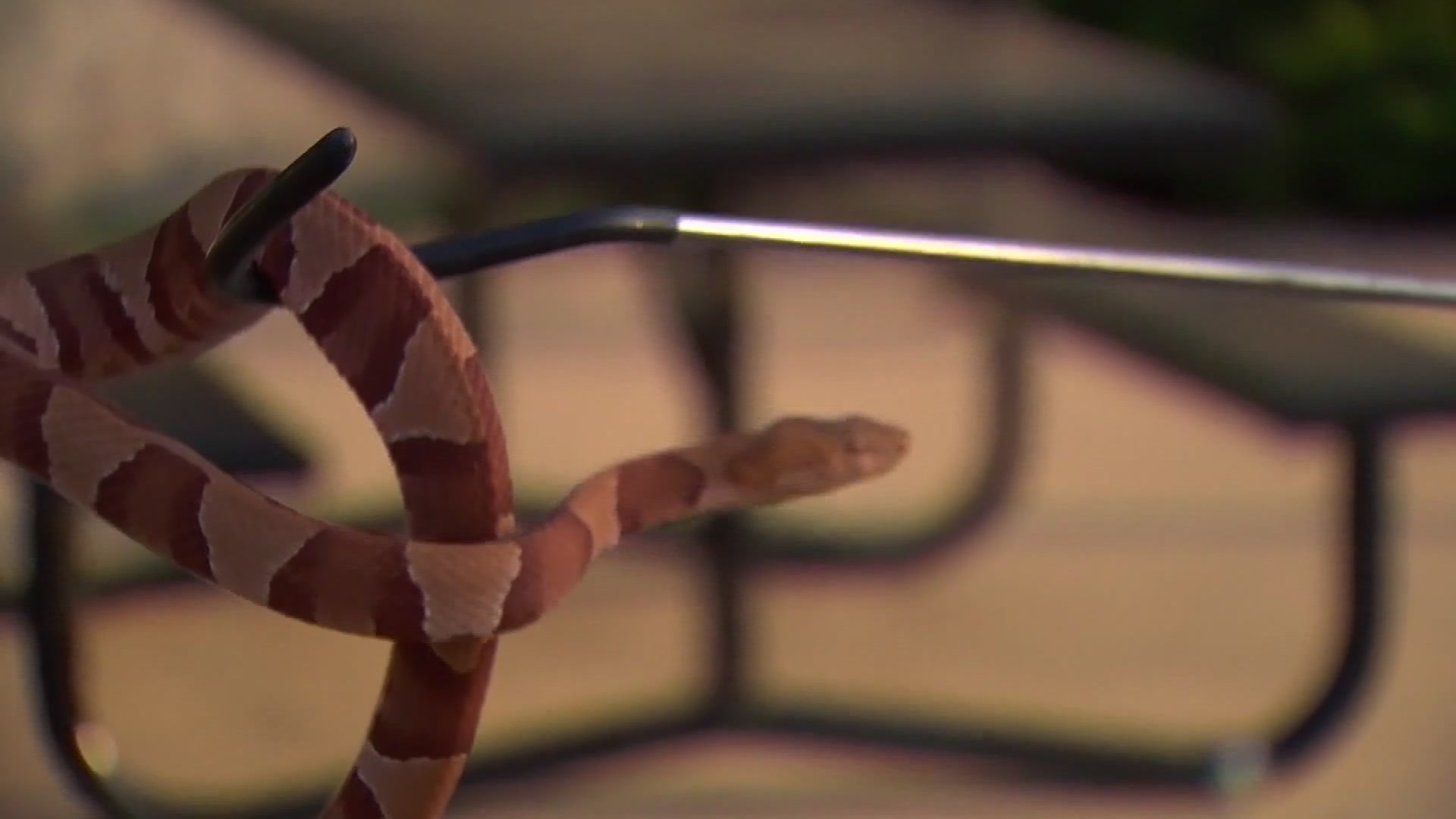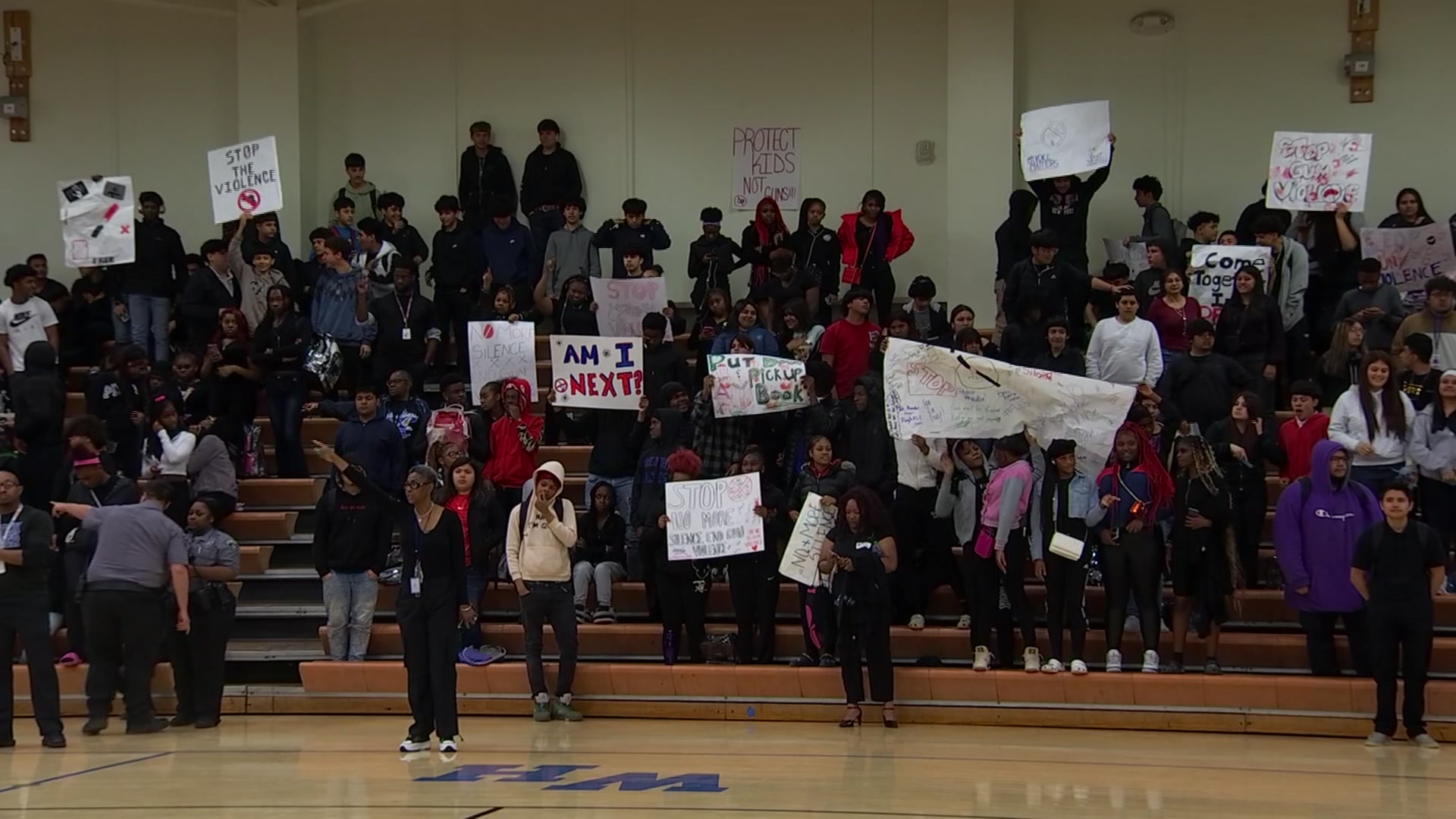The deeper you get into the medical profession, says Dr. Matthew Brian Furst, the more apparent it becomes that it is a life like no other.
The Odessa American reports the rewards are supreme and the stresses excruciating and you mustn't be too enamored of the former or caught up in the latter, says Furst, the latest in a line of physicians dating to the 19th century.
"It's a club you don't understand until you get into it," he said. "Everybody has their ghosts in medicine and you either learn to deal with it or you will go nuts. I think you just store it. It's similar to the soldiers and first responders who have post-traumatic stress from the horrible things they see.
"A physician may come off as being gruff or aloof, but it may be because of what he went through yesterday."
Away from his plastic surgery practice, the 58-year-old Odessa native doesn't see himself as being different from anyone else. "I'm a pretty basic West Texas-born and raised kind of person, not too flashy or flamboyant," he said.
"Just because I happened to choose a different career path doesn't make me any smarter or better than you. I'm a regular guy. I like West Texas. It's hard to get it to grow on people, but I don't think most people give it a chance."
Furst graduated in 1978 from Permian High School, where he met his wife Suzette, and earned a biology degree at North Texas State before enrolling at the Texas Tech School of Medicine in Lubbock. He did residencies in general surgery at Creighton University in Omaha, Nebraska, and plastic surgery at the University of Michigan in Ann Arbor. The Fursts have three daughters and a grandchild.
Local
The latest news from around North Texas.
His father William was a pediatrician who died last May at age 93 and his great-grandfather was William Rush Dunton (1868-1966) a Baltimore psychiatrist who is considered the founder of occupational therapy. Furst is a former head of surgery and chief of the medical staff at Medical Center Hospital.
"Dad was from Baltimore and he had a person he'd trained with from West Texas who got him out here," he said. "I always wanted to be a doctor. I spent a lot of time with him growing up, going to his office and the emergency room. One of my brothers is a dentist and the other an anesthesiologist and one of my two sisters is a dietitian.
"My father was a great all-around physician who had a work ethic you don't see nowadays. It was not just his understanding of medicine, he was a master of the art of medicine. He had a true empathy and deep caring within him. He would get a sick baby and live at the hospital till the baby was better. People respond to that."
Furst said American medicine has evolved with 75-80 percent of doctors now working for hospitals or clinics and being less involved. "Private practice is basically ending," he said.
"The family doctor is not the one who takes care of you all the way through. It's becoming less of a profession and more of a job. Physicians work a set number of hours and move on."
The private practitioner got interested in surgery after his first year at Tech, working with Odessa cardio-thoracic surgeon Connie Hutton, though subsequent experience taught him plastic surgery was his true interest. "In the beginning you're almost overwhelmed by all the information people are throwing at you," Furst said.
"It's almost all science, but as you get older you appreciate the human element and interaction and your view changes."



